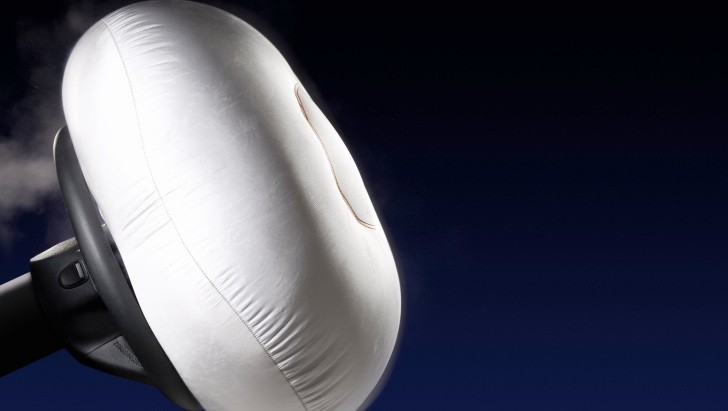If you “recall”, there are about 7 million cars now in the world having some nasty troubles with Takata airbags that can burst in your face the incorrect way, leading to injuries or even death, as it happened with six persons in Florida and Puerto Rico already. However, Takata says it’s not their concoction that is bad, it might be the humidity that altered the inflators.
A few days ago, the company said is looking at moisture to be the cause of the malfunctions. In other words, Takata is saying that their US plant hasn’t quite fulfilled all the safety regulations.
Takata’s inflators are using ammonium nitrate, which is sensitive to moisture, as it can cause the wafers of propellant to crumble. Finding itself in smaller pieces, the ammonium nitrate will burn faster, thus increasing the pressure applied to the bag which can burst and render the airbag inefficient and dangerous.
Unlike the other two big airbag suppliers, Takata has one of its factories located in Washington, which can’t be considered one of the most arid places in the US.
The company believes the plant accidentally used humidity-affected inflators back in 2000 to 2002, but due to faulty record keeping it hadn’t solved the problem with the recall in 2013. Thus those 7 million affected cars have been recently discovered.
Will this affect Takata? Most probably no, since it’s one of the three biggest suppliers in the world. But until everything gets solved, the situation might create some opportunities to some second class inflator manufacturers.
Takata’s inflators are using ammonium nitrate, which is sensitive to moisture, as it can cause the wafers of propellant to crumble. Finding itself in smaller pieces, the ammonium nitrate will burn faster, thus increasing the pressure applied to the bag which can burst and render the airbag inefficient and dangerous.
Unlike the other two big airbag suppliers, Takata has one of its factories located in Washington, which can’t be considered one of the most arid places in the US.
The company believes the plant accidentally used humidity-affected inflators back in 2000 to 2002, but due to faulty record keeping it hadn’t solved the problem with the recall in 2013. Thus those 7 million affected cars have been recently discovered.
Will this affect Takata? Most probably no, since it’s one of the three biggest suppliers in the world. But until everything gets solved, the situation might create some opportunities to some second class inflator manufacturers.
